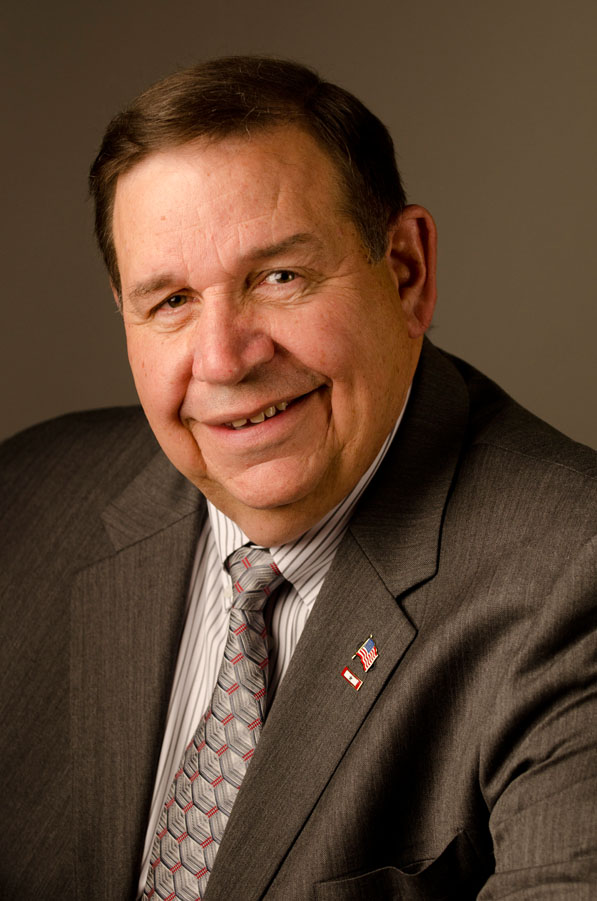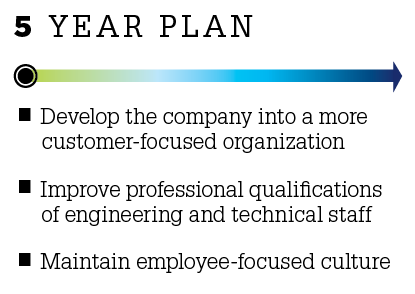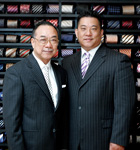 If I’d known everything this business entailed, I would have been scared to death and ran the other way. When we first started out, it was like being in the Navy again because I was working with a lot of the same people, but I was starting from scratch. My wife, Carol, was the secretary, the head of HR, and the financial advisor. We left for work so early it was still dark outside and when we came home, it was dark again—and then I’d work more once at home. For about two years, I was working on four hours of sleep a night.
If I’d known everything this business entailed, I would have been scared to death and ran the other way. When we first started out, it was like being in the Navy again because I was working with a lot of the same people, but I was starting from scratch. My wife, Carol, was the secretary, the head of HR, and the financial advisor. We left for work so early it was still dark outside and when we came home, it was dark again—and then I’d work more once at home. For about two years, I was working on four hours of sleep a night.
I owe my success to the Department of Defense Mentor Protégé Program. I got mentored by the CEO of Anteon, which was eventually purchased by General Dynamics Corporation. At the time, the CEO was running this huge, multimillion-dollar company and in I’d come for one-on-one time because I didn’t understand the financial aspects of running my small company. For him, the future was five years down the line. For me, the future was three months down the line. The most important thing I learned from being mentored is strategic planning, knowing where you want your company to be, and mapping out the steps to make it happen.
Anyone who comes out of the service acquired leadership skills you can’t learn anywhere else, including college. My time in the military gave me an advantage and by extension, gave ESN an edge. Our company culture is a reflection of what I learned in the service, everyone is treated with respect and I think that makes people want to work for us. No matter how high up you are, you have to earn the respect of everyone, including your subordinates. Football analogies work well in business and much like football, we work as a team; if we’re not all in this together, we’re going to lose. This is a service business—I’m selling technical talent. If something goes wrong, just as coaches review tape from games they lost, we’re going to have a similar powwow to discuss what happened and we’re going to map out the steps to ensure it never happens again.
 Seeing people grow personally and professionally is the most gratifying experience. We have a 92-percent retention rate at this company and it’s important to us that the people we hire feel fulfilled and supported in reaching their goals, that’s why we’re starting a pilot program called ESN University. The board will be comprised of managers and employees and those who want to become Cisco certified or earn their PhD will submit an application and, if it’s approved, they will be provided with resources and a training program will be developed for them. Our goal is to make things as best as we can for all of our employees and in the end, that benefits our clients and the company.
Seeing people grow personally and professionally is the most gratifying experience. We have a 92-percent retention rate at this company and it’s important to us that the people we hire feel fulfilled and supported in reaching their goals, that’s why we’re starting a pilot program called ESN University. The board will be comprised of managers and employees and those who want to become Cisco certified or earn their PhD will submit an application and, if it’s approved, they will be provided with resources and a training program will be developed for them. Our goal is to make things as best as we can for all of our employees and in the end, that benefits our clients and the company.

